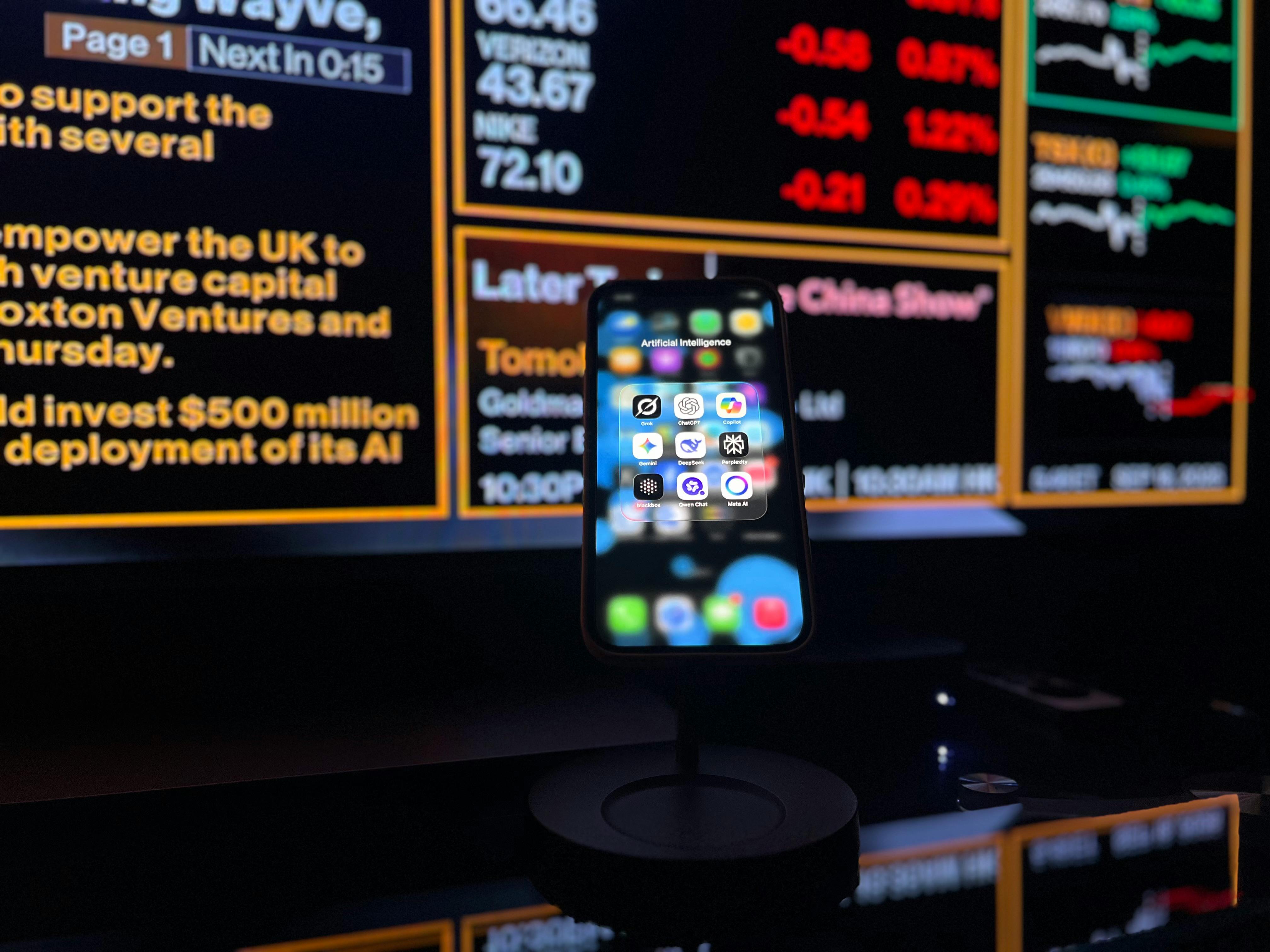
Introduction
In an important step in creating waves in the technical industry, OpenAI has recently made headlines by announcing a rare and extensive closure of its operations for a week. This decision aims to provide vital breaks to employees and address the growing concerns surrounding burnout and overwork in the fast-paced tech landscape. This move comes at a critical time, as competition in the AI sector intensifies, particularly with mega-corporations such as Meta aggressively expanding their workforce and resources.
A Strategic Stagnation After Months of Intensive Work
Over the past year, OpenAI has been at the center of global attention with the rapid growth and distribution of its generative AI tools, including ongoing advancements in ChatGPT, GPT-4, and the anticipated GPT-5. Internally, however, this remarkable progress has come at a significant cost. Reports suggest that employees at OpenAI often work around 80 hours per week, pushing the boundaries of innovation at an unsustainable pace. Recognizing the impractical nature of this model, the leadership decided to temporarily halt operations to allow employees the necessary time to relax and recuperate.
Meta’s Hiring Surge Raises Pressure on OpenAI
The decision to pause operations coincides with rising tensions in the tech industry, particularly as Meta intensifies its recruitment strategy. Recently, Meta has acquired several of OpenAI’s top researchers, further intensifying competition for talent in the artificial intelligence sector. Reports indicate that Meta has successfully hired at least seven senior researchers, including prominent figures whose work has been pivotal in advancing OpenAI’s AI models. The compensation packages offered to some of these new hires reportedly exceed $100 million, reflecting the fierce talent war currently raging among major tech players.
Leadership Warns of Poaching Risks During Shutdown
In light of these developments, OpenAI’s Chief Research Officer, Mark Chen, has issued a cautionary internal message. He advised employees to remain vigilant regarding potential external recruitment efforts, particularly during the upcoming week of inactivity. Chen emphasized that competitors would likely take advantage of this downtime to pursue OpenAI talent, highlighting the competitive nature of the current job market.
Reevaluating Compensation and Retention Strategies
The loss of key talent to rival companies has prompted OpenAI to reconsider its compensation strategies. This move comes against the backdrop of competitive pressures from companies like Google and Meta, which are known to offer formidable financial packages. While OpenAI is celebrated for its mission-driven culture and groundbreaking work in AI, the glaring financial discrepancies are increasingly difficult to overlook. Internal discussions are reportedly underway to enhance existing compensation structures, offering improved equity and benefits as a means to retain valuable employees.
The Implications for the AI Industry
The temporary shutdown at OpenAI spotlights several critical trends and challenges facing the broader AI industry:
- Burnout in AI Teams: The high-pressure innovation cycles prevalent in AI development take a toll on employees’ mental health and overall productivity.
- Intensifying Talent Wars: Major technology companies are prepared to offer substantial compensation to attract top AI talent, elevating competition to new heights.
- Culture vs. Compensation: Mission-centric startups must now contend with well-resourced competitors offering enticing financial packages.
- Stability in AI Development: The recent stagnation at OpenAI raises concerns about the pace, priorities, and overall sustainability within the industry.
What Lies Ahead for OpenAI?
As OpenAI looks toward the future, its management strategy will focus on balancing rapid innovation with internal stability. With projects like GPT-5 in the pipeline, the week-long shutdown is not merely a symbolic gesture but a critical reinforcement of the need for employee welfare. The key challenge moving forward will be maintaining top talent and fostering a culture where employees feel valued amidst growing competition on a global scale.
Final Thoughts
The temporary shutdown instituted by OpenAI is a rare occurrence that underscores the immense pressure and urgency felt throughout the AI industry—an industry that is often characterized by rapid advancements and unrelenting competition. The decision to prioritize employee well-being over continuous output signifies a possible shift in company culture, highlighting that it is the people, not just the models, that drive innovation. The outcome of this strategic decision and whether it sets a new standard for tech companies will ultimately depend on how OpenAI navigates and adapts to the increasingly fast-paced AI landscape.
